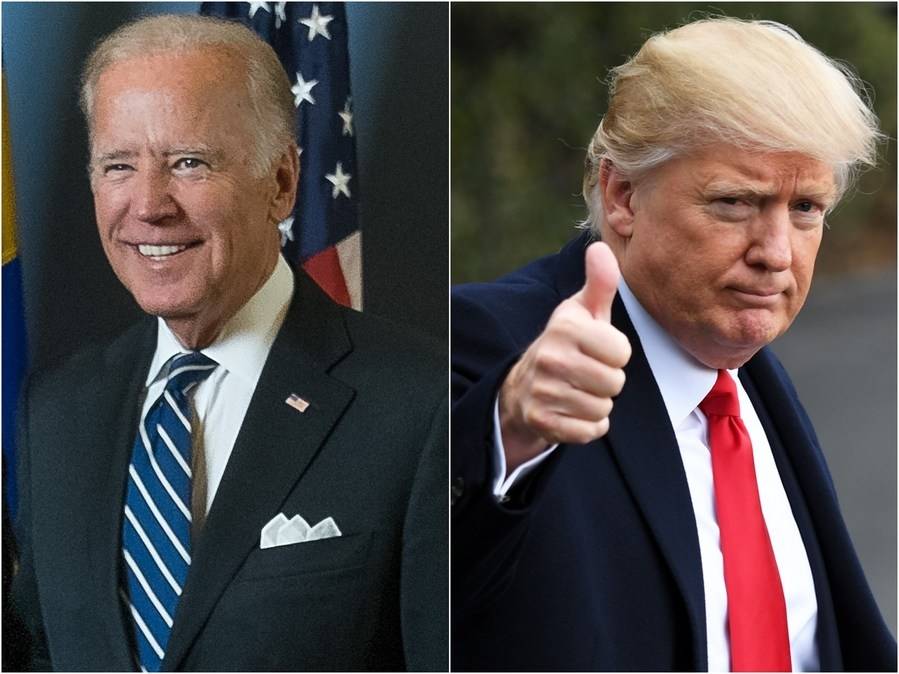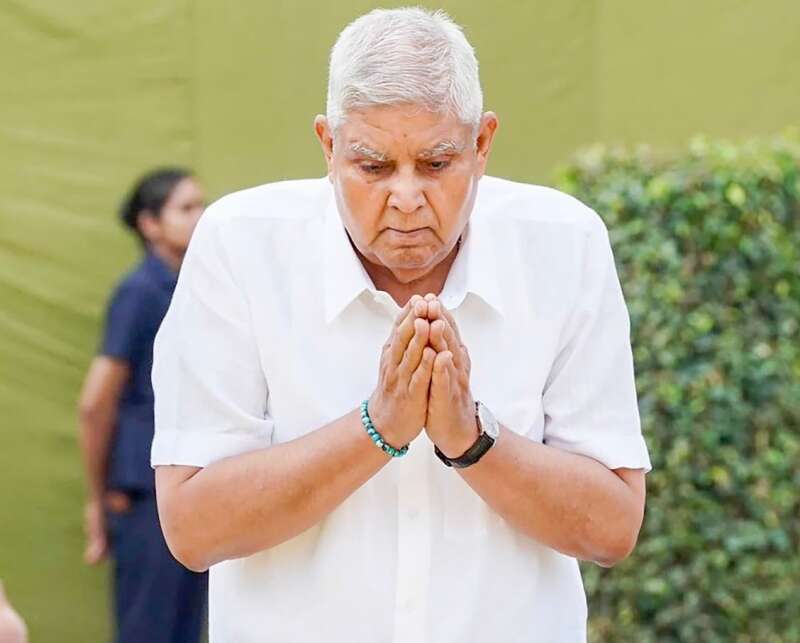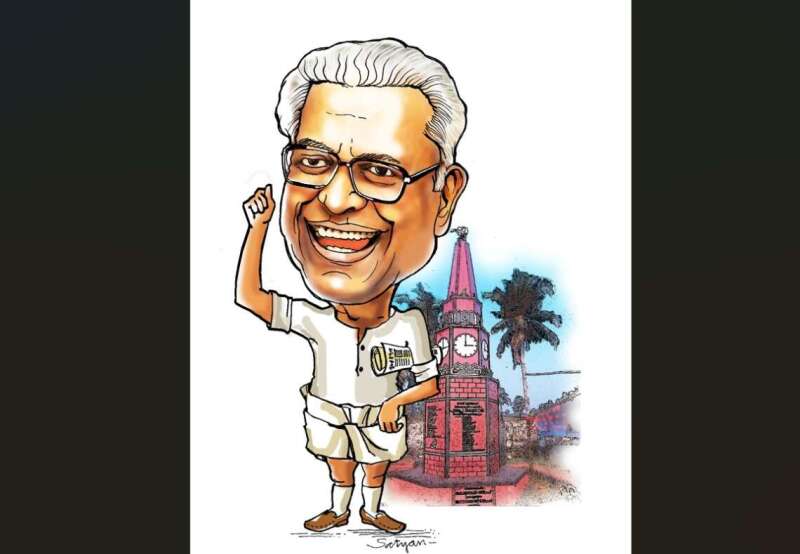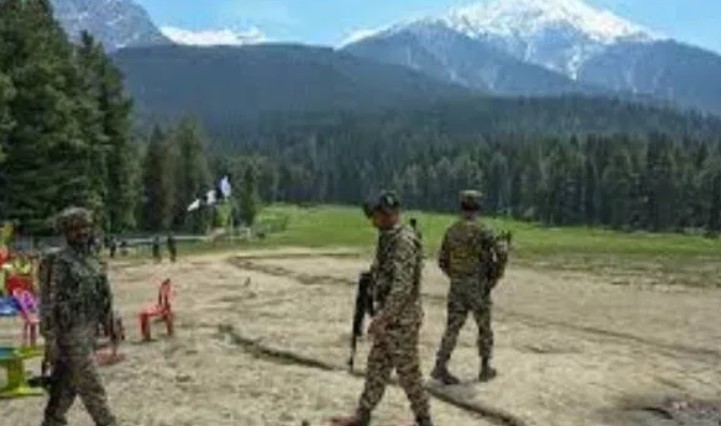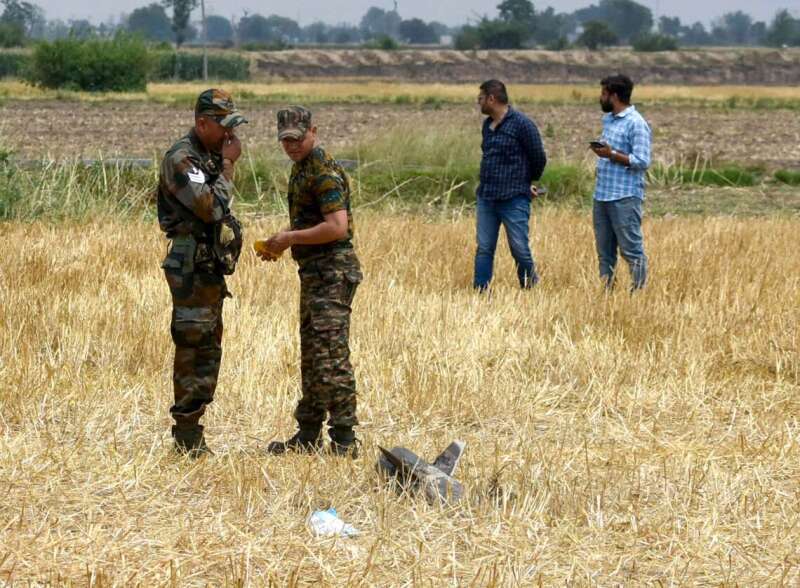It is not just the wildlife lovers, but farmers in the Gwalior-Chambal division who are eagerly awaiting the arrival of the cheetahs from Africa…reports Praveen Dwivedi
Indian state Madhya Pradesh forest minister Kunwar Vijay Shah is on a study tour of South Africa along with some senior forest officials. Sources said that the minister’s visit is connected to the much talked about relocation of cheetahs from South Africa to Kuno Palpur Sanctuary located in Madhya Pradesh’s Shivpuri district.
Earlier, the wildlife officials in Madhya Pradesh had assumed that the first batch of cheetahs will reach capital Bhopal by August 15. However, it could not happen.
It is not just the wildlife lovers, but farmers in the Gwalior-Chambal division who are eagerly awaiting the arrival of the cheetahs from Africa.
The world’s first inter-continental translocation of the fastest moving animal — from Namibia and South Africa to Madhya Pradesh’s Kuno National Park — whose final dates are far from being decided, will not only give a fillip to wildlife tourism, but also promises to bring smiles to the faces of farmers in three districts.
Reliable sources said that farmers in the three districts of Gwalior-Chambal region, including Shivpuri, Ashok Nagar and Guna, may find in the cheetahs the solution to their long standing problem of the Indian antelope ‘Blackbuck’ damaging their crops every season.
As part of the efforts to build a wide and suitable prey base for the cheetahs before they arrive in the Kuno National Park, the state forest department is working on a project of trans-locating blackbucks from Shivpuri, Ashok Nagar and Guna districts to the new home of the cheetahs.
“The rains have temporarily hit the progress of the blackbuck translocation project, but it will gain momentum once the monsoon eases. We hope to go ahead with the exercise on the ground by October, which will see the blackbucks being trans-located through the Boma technique from Shivpuri, Ashok Nagar and Guna districts to Kuno National Park and other ideal jungles having suitable habitat for the Indian antelope,” said CS Ninama, Chief Conservator of Forests in Madhav National Park.
Ninama said that the team of the Kuno National Park is already working on developing a prey base for the cheetahs, but with blackbucks considered the most ideal prey for the cheetahs, approval has been given to the project to translocate the blackbucks from the three districts of Gwalior-Chambal region, where they are a major problem for the farmers.
With the grasslands being their most favoured habitat, the blackbucks permanently reside in the agricultural fields of farmers and often damage the crops in the initial phases of cultivation by crushing the nascent crop. The farmers of the three districts, despite the blackbucks being a major problem for their early crops, haven’t harmed them, but have been raising the issue with the authorities.
“By translocating the blackbucks to Kuno National Park and other ideal habitats, we will not only help the farmers’ cause, but also save the Indian antelope from being attacked by wild canines particularly during the monsoon season in the muddy agricultural fields. Further, they will be the ideal addition to the already existing prey base for the cheetahs in Kuno. We will complete the exercise of estimating the blackbuck population in the three districts in the next few weeks, followed by the study of their behavioural and habitat related aspects, based on which appropriate changes will be made in their future habitat before their translocation. We hope to start the translocation exercise by October end,” Ninama added.
Meanwhile, forest minister Kunwar Vijay Shah recently said that the cheetahs from Namibia and South Africa will not be arriving in MP before November. Certain pending issues, including removal of three leopards from the 500-hectare enclosure prepared for the cheetahs in Kuno, a MoU with the South African government and other related issues need to be addressed before bringing the 20 cheetahs from Namibia and South Africa.
Cheetahs became extinct in India in the 1950s. The plan for their re-introduction has been in the pipeline since decades. The central government had initially approached Iran, where the Asiatic cheetah, the same sub-species that went extinct in India, exists, and was even keen on cloning the species. But, on Iran’s refusal to help India, owing to the low number of the species there, the central government turned to the African sub-species.
ALSO READ-India, Namibia ink pact for Cheetahs




